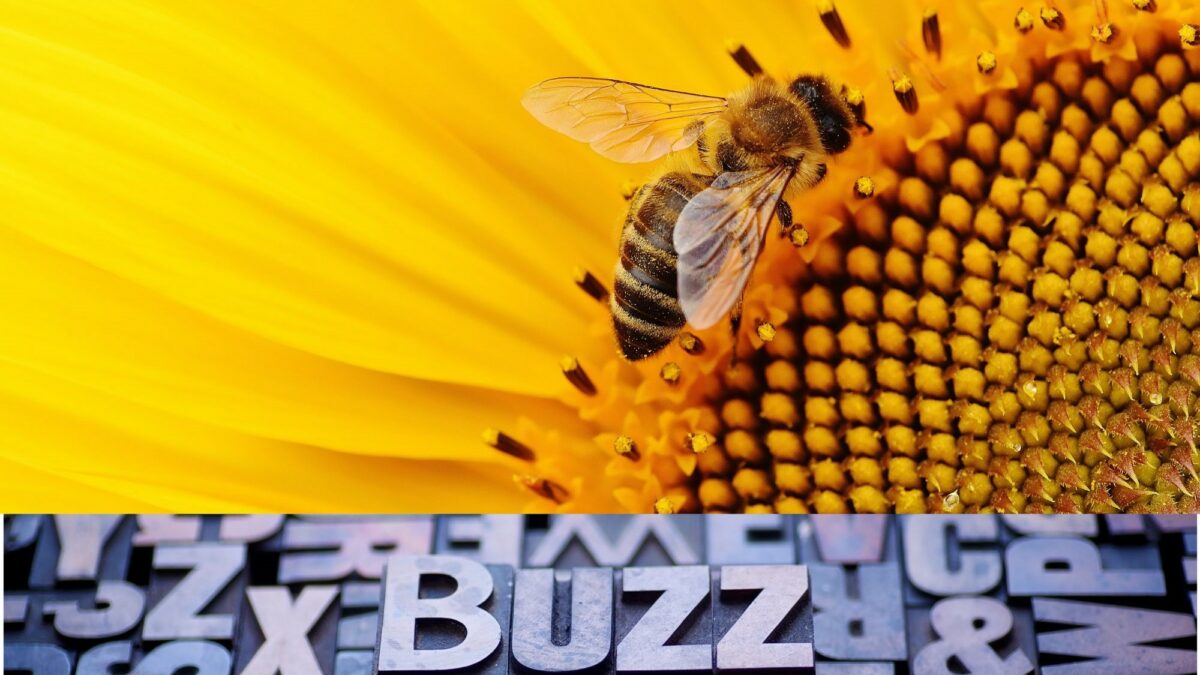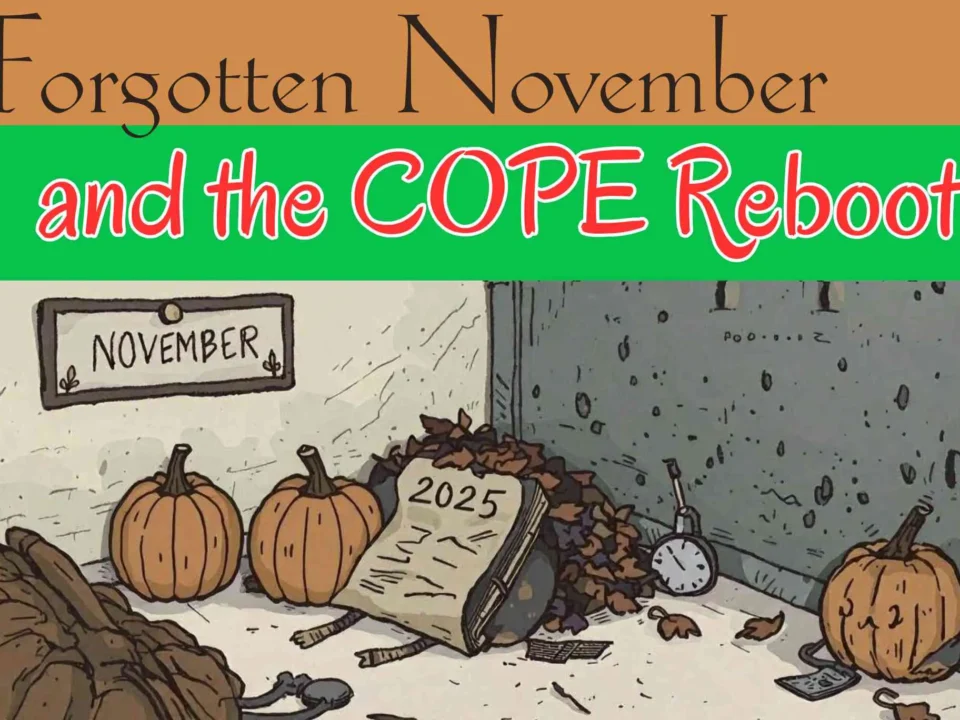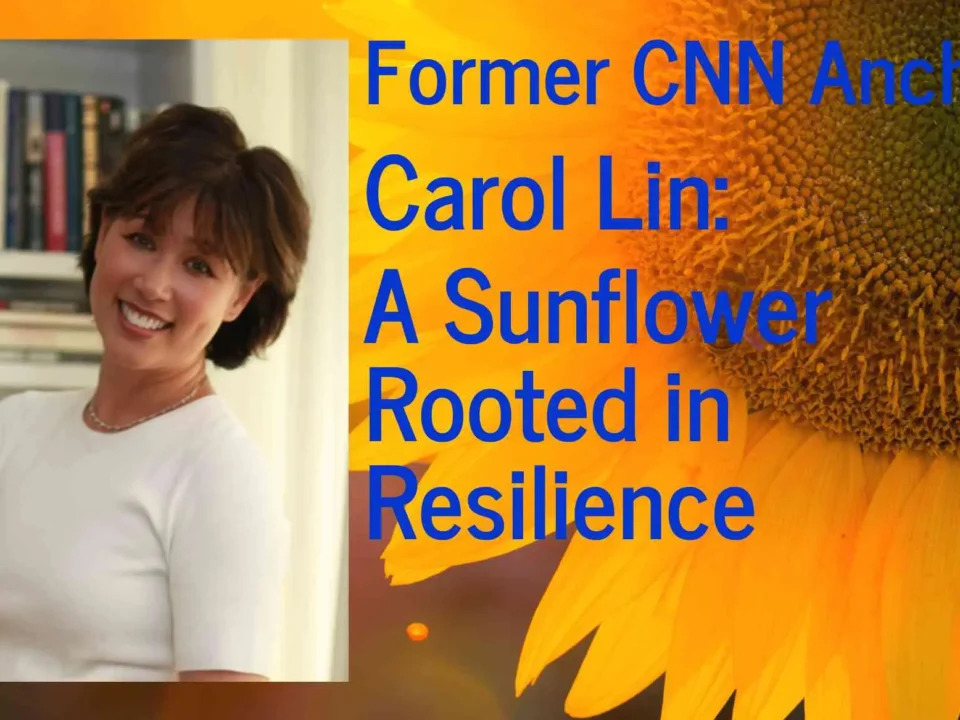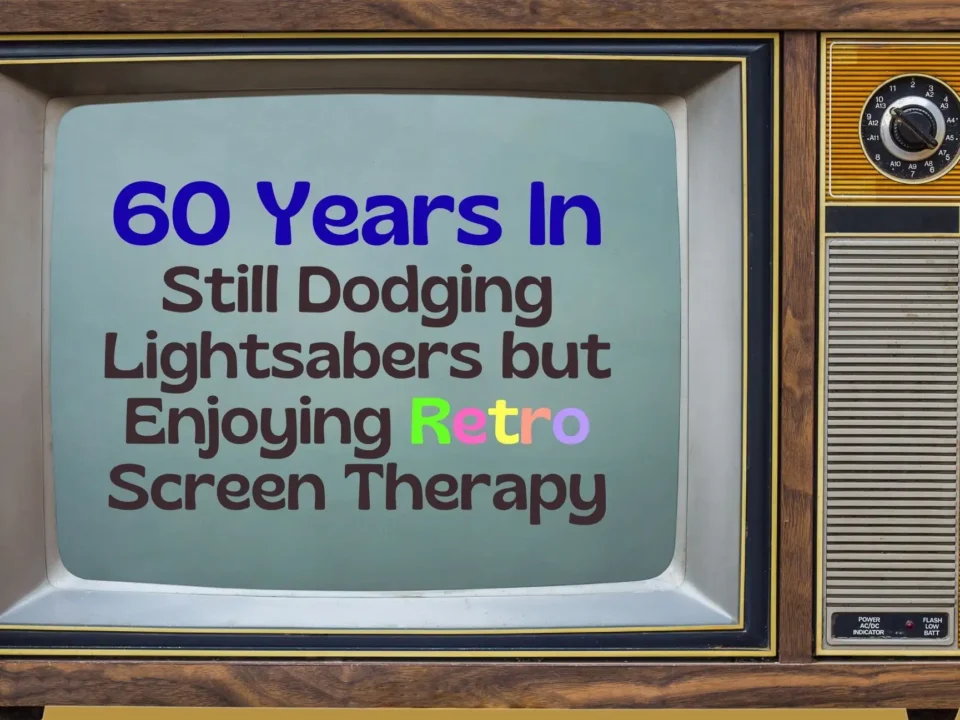
High Standards, Low Expectations
July 7, 2024
September’s Precious Distractions
September 4, 2024I have been pondering a blog on this topic for a couple years. But I didn’t want to provoke a wave of unsubscribes so I held off, biding my time.
And then, on July 9 The Wall Street Journal published a front-page article titled “Let’s ‘Double-Click’ on the Latest Cringeworthy Corporate Buzzword.”
Like an “Open sesame” from the heavens, my window of opportunity finally opened. Please indulge me while I lay down some back story.
Where some view the world through colors or music, I see the world in words. I especially love words that don’t get used often. In fact, I just finished a book written by a journalist who used such powerful words I wrote them down as I read. Here are a few:
spasmodically
lurch
ooze
clench
doddle
These terms evoke not just movement, but the speed and strength of movement. Even more impressive was how the author used each word only once in the entire book.
That’s right. Only once. Which is key to the point of this post.
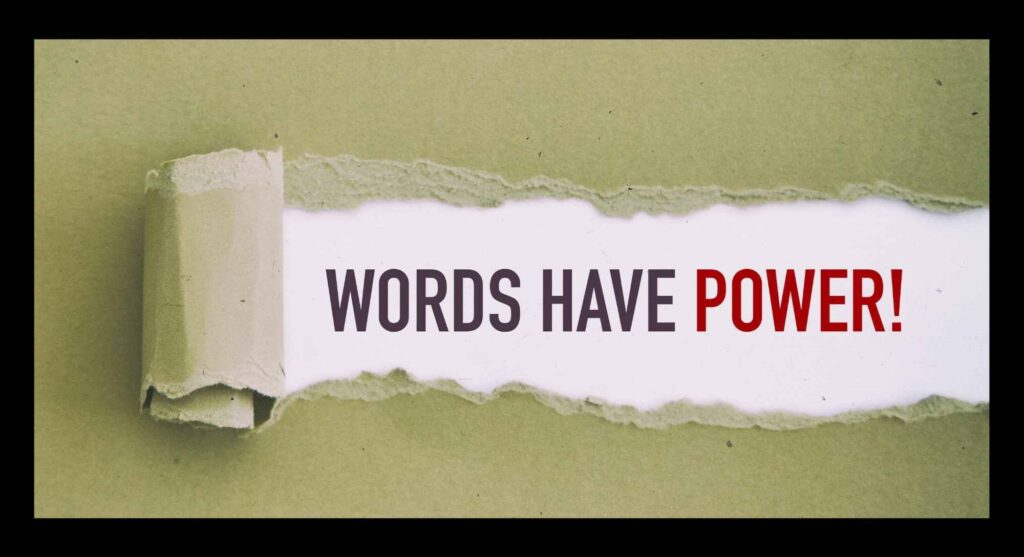
Buzzwords are annoyingly (my opinion) repetitive phrases or jargon words that get injected into conversations intended to impress, gain relevancy or attention, or illustrate an emotion.
Buzzwords are created when listeners hear them and think, “That’s cool—I should say them too so others think I’m celebrated | substantive | hip | gullible.” But then they pyramid scheme them in conversations to the point they no longer have any meaning.
Here comes today’s buzzword roast.
Unpack. As in, “Let’s unpack that thought.” Which is a gentler term for, “What you just said makes no sense, but since this is a critical conversation, I’m going to ask you clarification questions to attempt to understand your point.”
Ecosystem. A scientific term that, unfortunately, made its way into business communication. During a team meeting several years back, I cringed as someone used it six times during a five-minute tirade to describe a concept that made zero sense.
Double-click. For example, “Let’s double-click on that and go deeper.” I like this one. Seriously, I hadn’t heard it used in conversations until I read The Wall Street Journal article, but then I’ve been doing project-based work from home the past two years so I don’t get out much. According to the article, some in sales claim they’ve been using it since the 1990s, a decade after Apple Computer’s Lisa computer introduced double-clicking as a way to open an object.
Viral. A term to describe when online content like a video, image, or story spreads quickly and widely across the internet. What is the definition of widely? One or two people shared your whatever? Hundreds? Thousands? Ka-zillions?

Circle back. The act of following up, with a nod to cattle roundups in the Wild West.
Cutting edge. A term so outdated, overused, and meaningless I begin to hyperventilate. Updating cutting edge to bleeding edge didn’t solve the problem.
State of the art. Enough already. Now I’m suffocating.
Here’s to being old—I mean wise—enough to appreciate the swarm of words that buzz around in my head.


